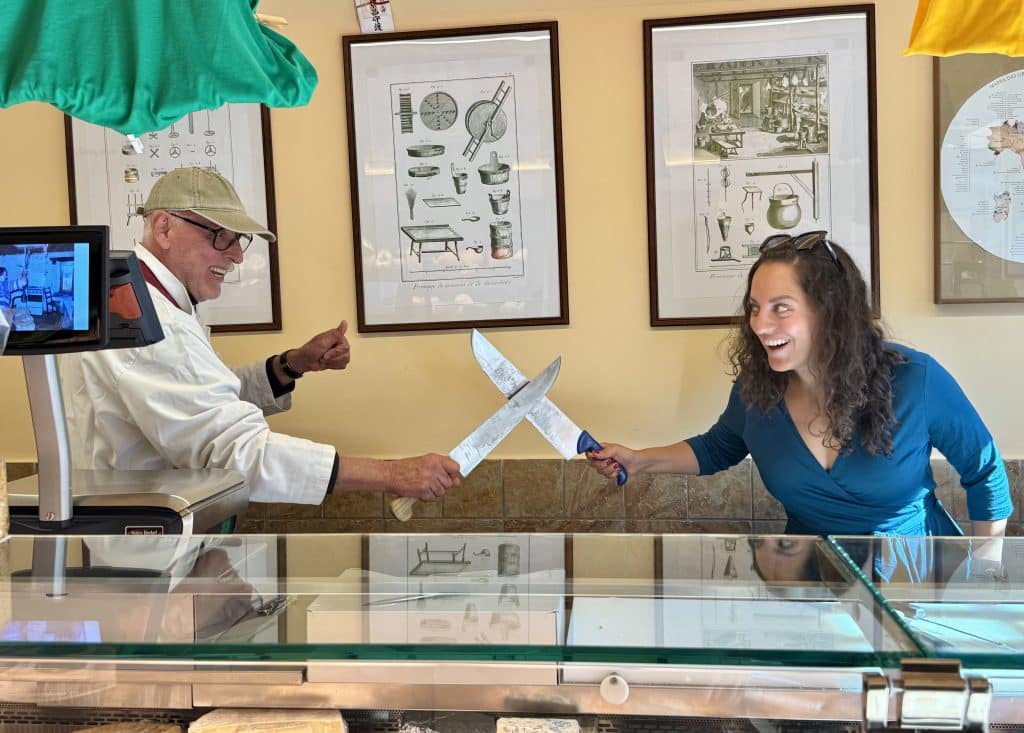In May 1990, London witnessed a theft of staggering proportions: £292 million vanished in broad daylight, stolen not as cash or jewels, but as bearer bonds – essentially, negotiable IOUs worth millions apiece. Despite the immense sum, the City bonds robbery remains surprisingly obscure, lacking the cultural footprint of heists like the Great Train Robbery.
These bearer bonds, each potentially worth a million pounds, could be cashed in by anyone possessing them. The operation was complex, rumored to involve both the IRA and the New York mafia, yet remarkably few individuals faced consequences. One of the exceptions was Keith Cheeseman, a man who insists he wasn’t a planner, but a facilitator – a back-end operator caught in the web of a much larger crime.
Speaking from his adopted home in Turkey, Cheeseman doesn’t portray himself as a fugitive. He simply prefers the Turkish lifestyle. Journalist Marcel Theroux sought him out for a new documentary, describing the key players as characters ripped from a Guy Ritchie film. Cheeseman, however, believes a betrayal from within was the true downfall of the operation – a breach of an unspoken code.

After laundering a portion of the stolen bonds, Cheeseman was arrested in the UK but managed to flee while on bail. Rumors swirled, even a false report of his decapitation in a Surrey woodland. The reality was far more audacious: he was living comfortably in Tenerife, enjoying a life of luxury.
Cheeseman vividly recalls his arrest in Spain: a penthouse, a freshly poured gin and tonic, and the sudden arrival of twenty-six police officers. He ultimately pleaded guilty and received a six-and-a-half-year sentence, sharing a prison with notorious figures like John Gotti, a period he describes as “no hardship.”
The story’s cinematic potential hasn’t gone unnoticed. Film rights to Cheeseman’s life have been sold, and he’s already cast his choice for the leading role: Matt Damon, to portray his Lamborghini-driving past. The documentary reveals a man oscillating between extravagant displays – champagne, cigars – and a guarded reluctance to fully disclose the details of the robbery.

Does he still fear retribution? Cheeseman admits the thought crosses his mind, but maintains he hasn’t intentionally wronged anyone beyond the act of theft. He expresses disbelief at the potential for violence over “a few bob,” even acknowledging the sum was substantial. He prefers to avoid trouble, stating simply, “If somebody’s got a grief, come and see me.”
Intriguingly, Cheeseman claims the actual value of the stolen bonds was significantly higher than reported – exceeding £400 million. He even confesses to destroying a portion of his take, tearing up a million-pound bond and discarding it in a coffee cup at a customs checkpoint, sensing an impending search.
Cheeseman harbors a deep-seated resentment towards the banking system, stemming from the collapse of his building company after banks abruptly cancelled a loan despite a substantial workload. This personal grievance fueled a vendetta, though he stops short of advocating widespread bank robbery. He believes the banks are inherently greedy, a sentiment he feels is widely shared.

Has he abandoned his criminal past? “I’ve half given up,” he says with a smile, leaving the question of his future – and the full truth of the City bonds robbery – tantalizingly open.






